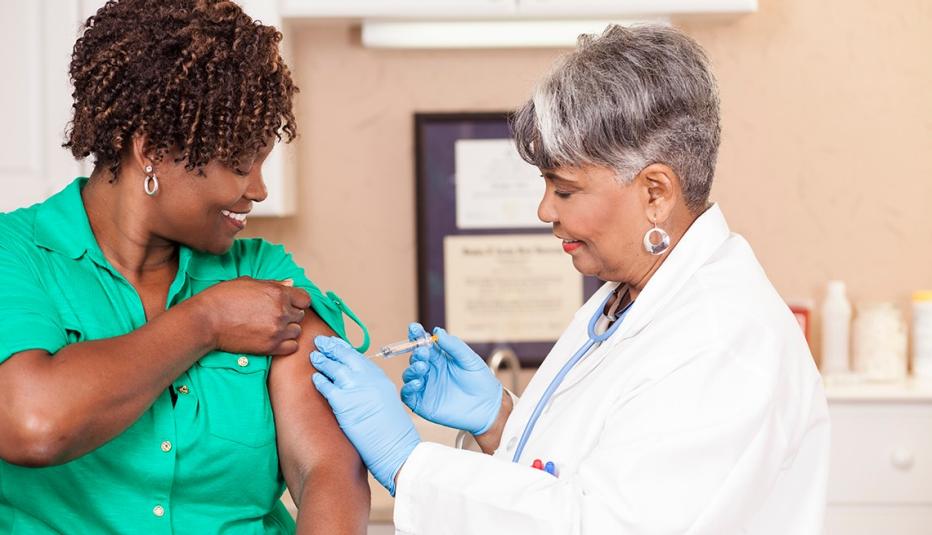AARP Hearing Center
Curious about a particular diet or shedding body fat? Interested in experimenting with Pilates or another trending fitness routine? Suffering from insomnia? Stressed?


Google it.
At least that’s what 74 percent of adults 40 or older do when seeking health-related information, according to an AARP Research survey. AARP Research studied the resources adults 40-plus use when seeking health-related information. The results, unsurprisingly, pointed to online searches and, in particular, Google.
Besides verifying the near-total reliance on Google, the survey delved into health topics key to brain health and what all those search-engine users know about the factors for maintaining it. The vast majority of Americans 40-plus know sleep, stress, diet, exercise, learning new things and socializing have an impact on brain health, at least to some degree. A striking 91 percent understand that a restful night’s sleep is important to brain health, at least to some degree.
Googling for answers
Google is, by far, the go-to source for health information, coming in on the survey 28 percentage points ahead of the second-most-used source, medical websites. As middle-age and older adults seek solace and insight in understanding their aging bodies and life’s stressors, they are entering their questions into the behemoth search engine for advice. AARP also provides valuable information, with nearly a quarter of adults (23 percent) navigating to AARP’s resources.
Only 5 percent visit the library for information.
The survey research also revealed 40-plus adults’ top searches: exercise, nutrition, sleep, overweight/obesity and stress.
Brain-health savvy
Even as adults 40-plus seek answers regarding common health concerns, they generally think well of their brain health. Six in 10 (60 percent) adults 40-plus rate their brain health as excellent or very good, yet only 4 in 10 (41 percent) rate their overall health as high.
The Global Council on Brain Health (GCBH), which is convened by AARP, has identified six pillars for brain health: (1) social engagement, (2) engagement in mentally stimulating activities, (3) stress management, (4) exercise, (5) restorative sleep and (6) eating a healthy diet.
Three pillars — exercise, nutrition and sleep — were the most common AARP searches. Fewer are seeking insight into the other pillars.
Differences by age
Middle-age adults 40–49 were more likely to seek out information on mental health compared to adults 60 and older. Overall, the younger cohort is significantly more likely to seek information about stress, anxiety, mental health, and depression.
And while most adults know someone who has or had dementia, the view that cognitive decline is inevitable decreases with age. Most (62 percent) adults age 40-plus think cognitive decline is inevitable as people age, but only half (51 percent) in the 70-and-older age group feel the same way.
New survey findings
A 2025 AARP survey among adults 50-plus confirmed the previous results that the most common resource for health-related information is an internet search engine like Google. Searching for health topics is common with seven in 10 (72 percent) having done so in the prior three months.
This survey also found that most American adults — 90 percent — are seeking information that is educational or informational. Three-quarters (73 percent) said they click on a piece of content that is relevant to them, and seven in 10 (69 percent) said they view content based on its credibility.
Most adults engage in brain-healthy activities, but they do not necessarily engage specifically to benefit their brain. Four in 10 (39 percent), however, said they play games or do puzzles specifically for their brain.
Methodology
AARP Research fielded a nationally representative survey of 3,584 American adults 40 and older. The survey was conducted May 28–June 17, 2024, both online and by telephone.
In January 2025, AARP Research fielded a nationally representative survey of 1,108 adults 50 and older. The survey was conducted January 16–20, 2025, both online and by telephone.
For more information, please contact Laura Mehegan at lmehegan@aarp.org. For media inquiries, contact External Relations at media@aarp.org.





































































